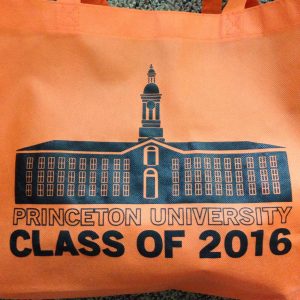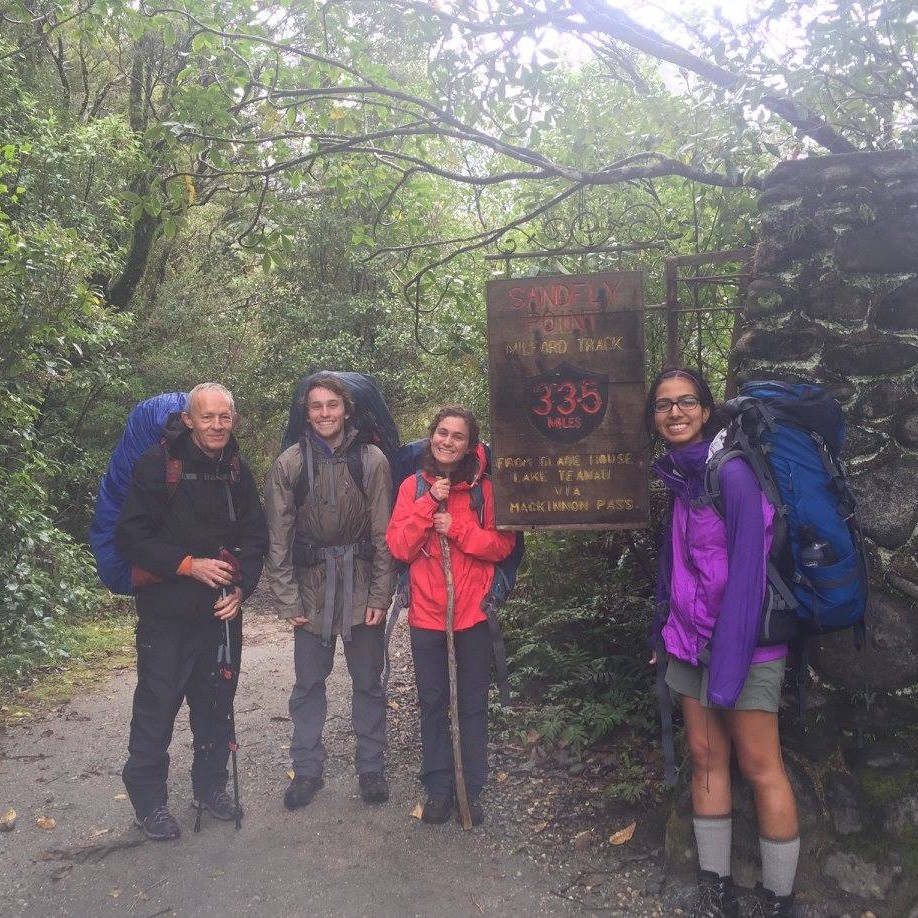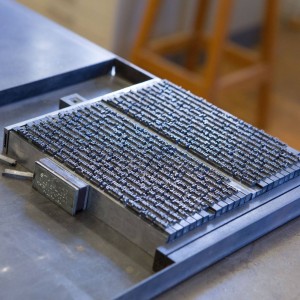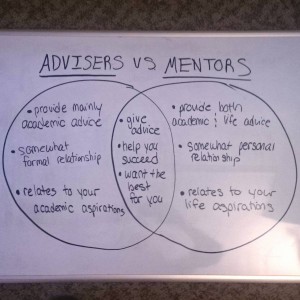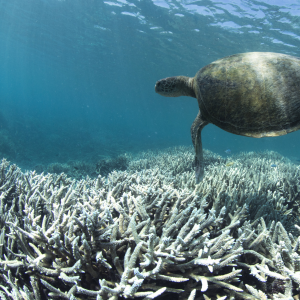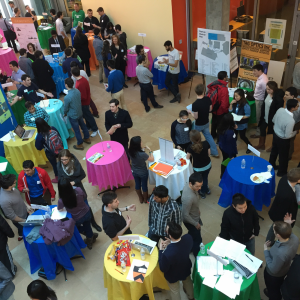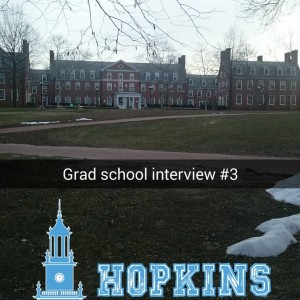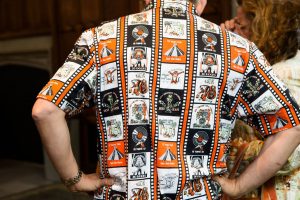
Back during exam period, when I unenthusiastically headed to the depths of Firestone for intense study sessions, I was motivated by a few exciting prospects. Most obviously, there was the idea of being done with exams and embarking on refreshing summer experiences. But for many Princeton students, the end of the school year also entails one of the University’s oldest and most eagerly awaited traditions: Reunions.
Reunions is a three-day period at the end of May when all Princeton alumni are invited back to campus for a weekend of fun events, celebration and socializing. Graduating seniors get to attend, as do many other undergraduates who are participating in or working at events. I have the opportunity to go this year because I’m performing at Reunions with Princeton University Ballet. (If you are interested in attending our show–which is free and open to the public–it will be in the Frist Film and Performance Theater at 6:00 pm on Saturday, May 28!)
Continue reading Just When You Think the Year is Over, the Best is yet to Come


